What will fishing and marine ecosystems look like by the end of the century? What will be the local consequences of our lifestyles, our relationship with the environment, and our political and individual actions? Researchers at the MARBEC laboratory have attempted to answer these questions. To do so, they designed and facilitated a participatory process to regionalise the reference scenarios used by the IPCC, through the co-construction of local narratives for 2100, adapted to the context of French fisheries in the Mediterranean and North Sea.

The so-called SSP-RCP scenarios are the result of various plausible socio-political and economic trajectories and give rise to different levels of climate change, resource exploitation and biodiversity health, as well as contrasting lifestyles and ways of functioning in our societies. To date, few studies have regionalised SSP-RCP scenarios for marine socio-ecosystems, and even fewer for the fisheries sector.
The study published in the journal Sustainability Science brought together a broad range of French stakeholders from professional organisations in the fishing sector, environmental associations working to promote sustainable fishing, and scientific experts specialising in the ecosystems studied. The stakeholders provided a solid foundation within the local contexts of the Mediterranean and North Sea, and for the first time, local narratives of SSP-RCP scenarios could be compared between different marine socio-ecosystems within the same country. The comparison of scenarios revealed major common themes (e.g. changing consumption patterns or the sector's energy transition) and specific and varied treatments of these themes depending on the socio-ecosystems studied (e.g. the great diversity of species fished in the Mediterranean or the saturation of North Sea waters by multiple marine uses), demonstrating the importance of obtaining projections at local scales. A standardised analysis of the emotions felt by participants during their projections within the scenarios reveals that the scenarios with the strongest environmental and climate impacts elicit a mix of emotions, dominated by sadness and anger. Recent work in environmental psychology suggests that feeling these emotions could promote behavioural change.
For long-term management purposes and in order to anticipate transformations and adaptations to ongoing global changes, future projections are important for decision-makers and all stakeholders in the marine environment. They are also of interest to the general public in order to raise awareness and mobilise action. The participants in these various projections and the team of researchers involved wanted to convey this information in the form of a short film, ‘Demain, la pêche’ (Tomorrow, Fishing), which immersively illustrates the life of a Mediterranean fisherman in 2101, based on local scientific narratives. In just two minutes, the short film presents two contrasting futures, two plausible visions of the future, and invites us to ask ourselves what kind of future we want. With the third United Nations Ocean Conference having just concluded in Nice, overlooking the Mediterranean Sea, many are still waiting for political measures that are commensurate with the oceanic challenges of the 21st century.
Partnership and funding
Partenariat : IRD - Ifremer - Université de Montpellier - Yotta. Avec la participation d’étudiants ARTFX Montpellier.
Financement : Horizon Europe, France Filière Pêche ADAPT, The Pew Charitable Trusts, ACTNOW, PPR Océan et climat, LabEx CeMEB.
References
Chevallier, A., Banton, E., Moullec, F., Morell, A., Abello, C., Pita-Vaca, I., Peck, M. A., Ernande, B., Shin, Y.-J. (2025). Participatory downscaling of global SSP–RCP scenarios to local fisheries social–ecological systems. Sustainability Science 20, 817–836. Doi : 10.1007/s11625-025-01657-z
